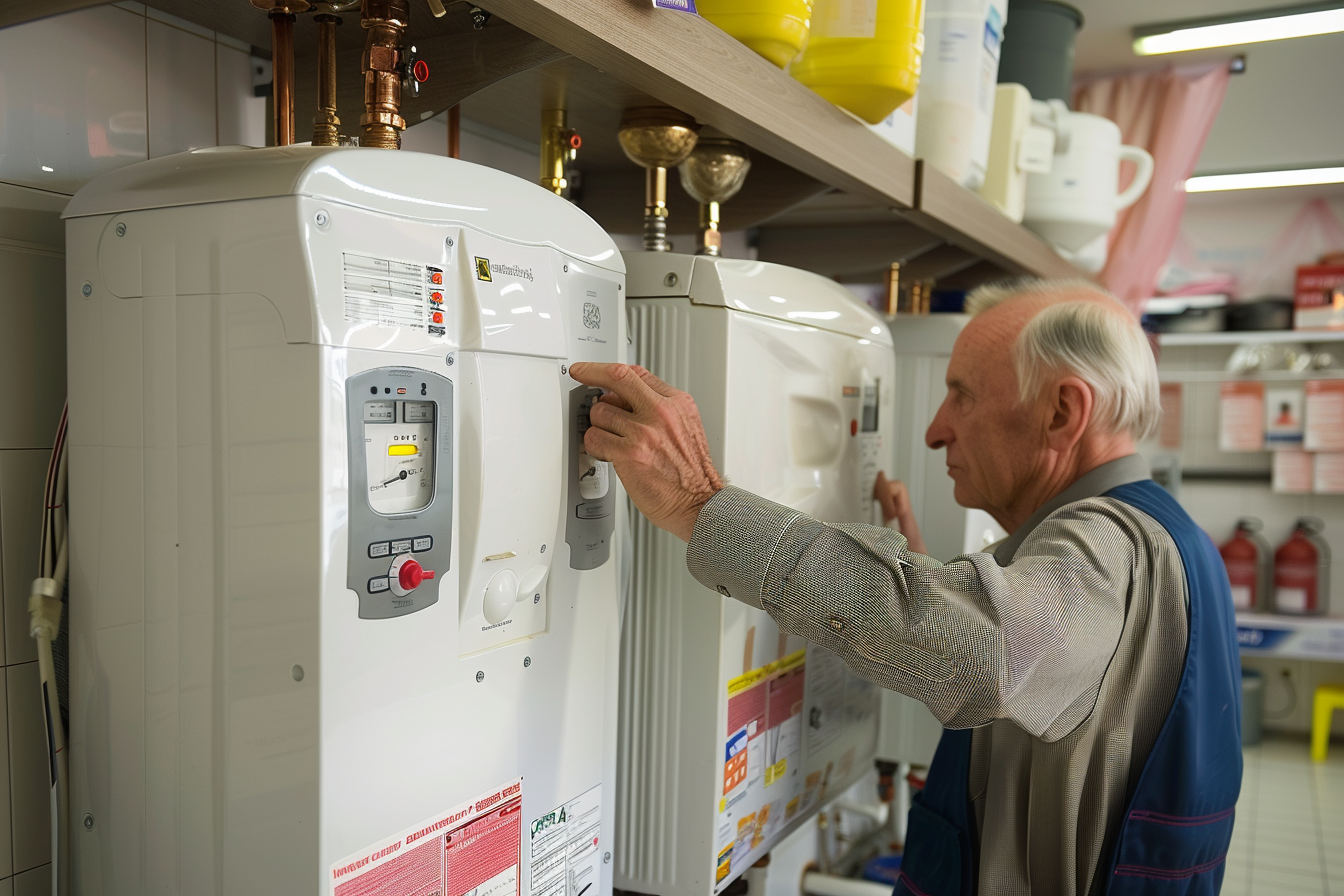Understanding Boiler Repair: Essential Checks and Common Issues
A well-functioning boiler is crucial for maintaining a comfortable home environment, especially during colder months. However, like any mechanical system, boilers can develop issues over time. This article will explore the key aspects of boiler repair, focusing on essential performance checks, pressure-related problems, and thermostat signal issues.

What is a boiler performance check and why is it important?
A boiler performance check is a comprehensive evaluation of your heating system’s efficiency and functionality. This assessment helps identify potential problems before they escalate into major issues, ensuring your boiler operates at peak performance. During a performance check, a qualified technician examines various components, including the burner, heat exchanger, and controls. They also assess the boiler’s energy efficiency, which can help homeowners save on energy bills and reduce their carbon footprint.
How often should you schedule a boiler performance check?
Experts recommend scheduling a boiler performance check at least once a year, ideally before the heating season begins. Regular checks can prevent unexpected breakdowns, extend the lifespan of your boiler, and maintain its efficiency. For older boilers or those with a history of problems, more frequent checks may be necessary. Some manufacturers also require annual inspections to maintain the warranty, so it’s essential to consult your boiler’s manual or contact the manufacturer for specific recommendations.
What role does heating unit pressure play in boiler function?
Heating unit pressure is a critical factor in your boiler’s operation. The correct pressure ensures that hot water circulates efficiently throughout your heating system. Most domestic boilers operate optimally between 1 and 1.5 bar of pressure when the system is cold. Low pressure can result in inadequate heating and hot water supply, while high pressure can cause leaks and potentially damage your boiler. Understanding and maintaining the correct pressure is crucial for your boiler’s performance and longevity.
How can you identify and address heating unit pressure issues?
To identify pressure issues, locate your boiler’s pressure gauge, typically found on the front or side of the unit. If the needle falls below 1 bar or exceeds 2 bars, you may have a pressure problem. Low pressure can often be resolved by repressurising the system using the filling loop, a process many homeowners can do themselves by following the manufacturer’s instructions. However, if you’re unsure or if the pressure keeps dropping, it’s best to contact a professional. Persistent high pressure may indicate a more serious issue, such as a faulty expansion vessel or pressure release valve, which requires expert attention.
What causes thermostat signal loss and how does it affect your boiler?
Thermostat signal loss occurs when your boiler fails to receive the correct temperature instructions from your thermostat. This can result in inconsistent heating, increased energy consumption, or even a complete failure to heat your home. Common causes of signal loss include wiring issues, battery failure in wireless thermostats, interference from other electronic devices, or a malfunctioning thermostat. When your boiler doesn’t receive proper signals, it may not turn on when needed or fail to shut off, leading to discomfort and potentially higher energy bills.
How can you troubleshoot and resolve thermostat signal issues?
To troubleshoot thermostat signal issues, start by checking the basics. For battery-operated thermostats, replace the batteries. Ensure that the thermostat is set to the correct mode (heating) and that the desired temperature is above the current room temperature. For wired thermostats, check for loose connections or damaged wires. If you have a wireless thermostat, try moving it closer to the boiler to improve signal strength. Resetting both the thermostat and boiler can sometimes resolve communication issues. If these steps don’t work, or if you’re unsure about handling electrical components, it’s best to consult a professional heating engineer.
In the United Kingdom, boiler repair and maintenance are regulated by the Gas Safe Register. It’s crucial to ensure that any technician working on your gas boiler is Gas Safe registered to guarantee safe and compliant repairs. Additionally, some areas in the UK offer government schemes or grants for boiler upgrades or replacements, which can be beneficial if your boiler is old or inefficient.
| Service | Provider | Cost Estimation |
|---|---|---|
| Annual Boiler Service | British Gas | £85 - £110 |
| Boiler Repair (Minor Issues) | Local Gas Safe Engineer | £100 - £300 |
| Full Boiler Replacement | National Energy Company | £1,500 - £3,500 |
| Thermostat Replacement | DIY / Professional Installation | £20 - £280 |
| Power Flush (Heating System Cleaning) | Specialist Heating Company | £300 - £800 |
Prices, rates, or cost estimates mentioned in this article are based on the latest available information but may change over time. Independent research is advised before making financial decisions.
Understanding the intricacies of boiler repair can help homeowners maintain their heating systems effectively. Regular performance checks, monitoring heating unit pressure, and addressing thermostat signal issues are crucial steps in ensuring your boiler’s longevity and efficiency. While some minor issues can be resolved through DIY methods, it’s always advisable to consult with a qualified professional for more complex problems or if you’re unsure about any aspect of boiler maintenance.




